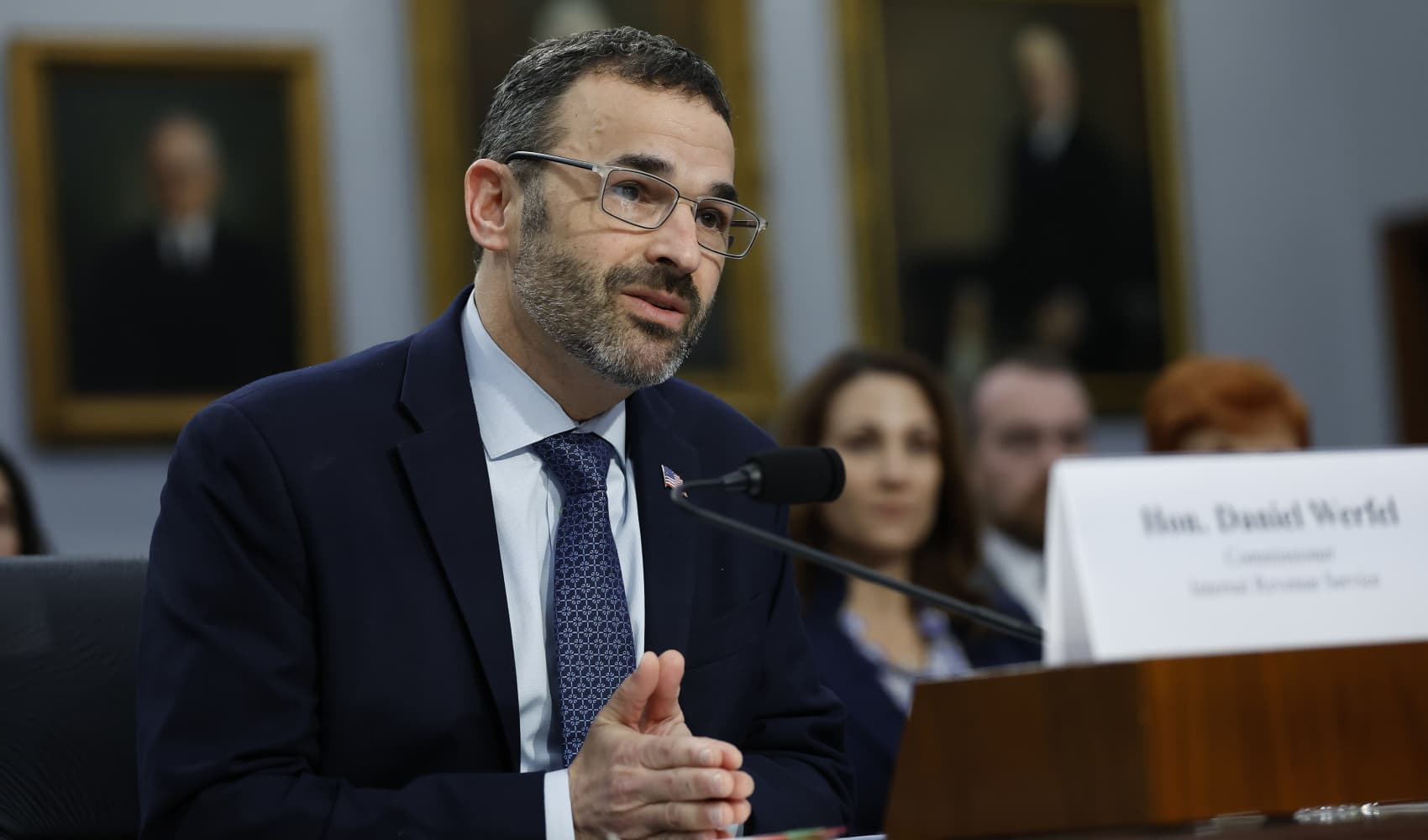
- Transportation Secretary Pete Buttigieg says that increasing flight turbulence is an effect of climate change.
- Buttigieg forecasted that turbulence will continue to “affect American travelers, whether here or abroad.”
- His comments come as turbulence has wreaked havoc on a number of flights so far this year, including a Qatar Airways flight Sunday that saw 12 injured.
Transportation Secretary Pete Buttigieg says that climate change is one of the culprits behind an increase in flight turbulence.
"The reality is, the effects of climate change are already upon us in terms of our transportation," Buttigieg said on CBS' "Face the Nation" on Sunday, forecasting that turbulence is something that will continue to "affect American travelers, whether here or abroad."
"We've seen that in the form of everything from heat waves that shouldn't statistically even be possible threatening to melt the cables of transit systems in the Pacific Northwest, to, as you mentioned, hurricane seasons becoming more and more extreme and indications that turbulence is up by about 15%," he continued. "That means assessing anything and everything that we can do about it."
A study published in the journal Geophysical Research Letters last year found that there have been increases in clear-air turbulence (CAT) between 1979 and 2020, with "severe-or-greater" turbulence – the strongest category of CAT – becoming 55% more frequent over the North Atlantic over the course of that time period.
"Our climate is evolving," Buttigieg said. "Our policies and our technology and our infrastructure have to evolve accordingly, too."
Get Tri-state area news and weather forecasts to your inbox. Sign up for NBC New York newsletters.
His comments come as turbulence has wreaked havoc on a number of flights so far this year.
Money Report
On Sunday, 12 people became injured after a Qatar Airways flight from Doha to Dublin was hit with turbulence while flying over Turkey. Six passengers and six crew members were injured, eight of whom were taken to the hospital after assessment, Dublin Airport said in a post on X.
The aircraft landed just before 1:00 p.m. local time and was met by emergency services – including airport police and the fire and rescue department – upon landing, the airport said in a separate post on X.
Severe turbulence also struck a Singapore Airlines flight last week, resulting in the death of one person and leaving 30 others injured.
While Buttigieg called the deadly turbulence on the Singapore Airlines flight "very rare," he added that "turbulence can happen and sometimes it can happen unexpectedly."
"Now, there are protocols and patterns for things like how pilots who encounter turbulence can notify those who might be coming in the path," he said. "But I do think we need to continually re-evaluate that in the face of the reality that these things are more frequent and more severe than before."
'Err on the side of reporting'
Boeing revealed on Friday that it's seen a 500% increase in the number of employee submissions about quality and safety concerns during the first two months of 2024 compared to the same period a year ago.
The aerospace giant noted that the rise in submissions occurred after a section of an Alaska Airlines 737 Max 9 plane blew out midflight on January 5. The company said this increase is "a sign of progress toward a robust reporting culture."
When asked about Boeing's findings, Buttigieg backed up that claim, saying it's "encouraging" to see that aviation employees are fostering a culture of "if you see something, say something."
"We want you to err on the side of reporting," he said. "The concerning part, of course, is that any of those issues are happening at all."
Boeing leaders are set to meet with the Federal Aviation Administration on Thursday to present its plan on improving quality control. The agency announced in late February that it gave the company 90 days to develop the plan.






